
Merkel fordert gütlichen Scheidungsprozess zwischen EU und Großbritannien
Bundeskanzlerin Angela Merkel sagte am Dienstag, sie wolle, dass sich Großbritannien und die Europäische Union in einem guten Prozess scheiden.
MERKEL (nur für Video-Editor): „I care now that we and Britain divorce in a good process so that afterwards we can still work closely together in the areas where we must cooperate – on defence, on domestic security, on policing, on combatting terrorism, and in trade too, and so that Britain can take part in our research projects if they want.“
Pro- und antieuropäische Demonstranten versammelten sich vor dem Rathaus der historischen Stadt Aachen und jubelten und buhten die französischen und deutschen Führer.
MERKEL (nur für Video-Editor): „On the other hand we do have to say that the relationship of Great Britain to Europe was always very (pauses) patchy. They abstained from many of the policies. They are not in the euro zone, they are not part of the free travel area, they don’t take part in domestic policies. They have always said: we are an island, we want more independence.“
Merkel und Macron unterzeichneten am frühen Morgen einen neuen Vertrag zur Aktualisierung ihres Versöhnungsabkommens von 1963 nach dem Krieg, mit dem die Hauptachse der Europäischen Union gestärkt werden soll, da der wachsende euroskeptische Nationalismus den Zusammenhalt des Blocks auf die Probe stellt.





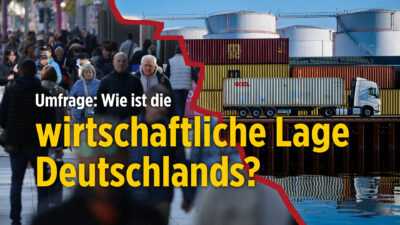
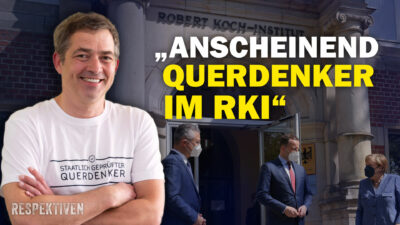









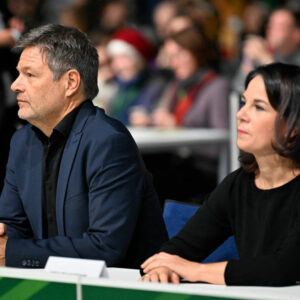



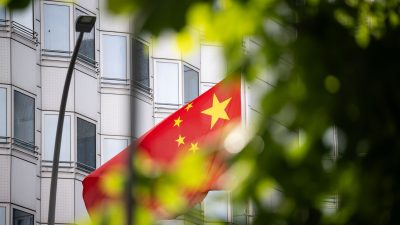

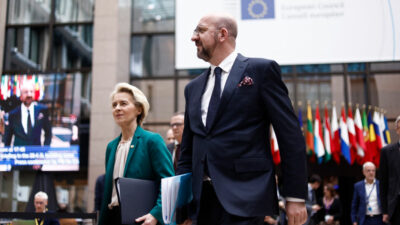




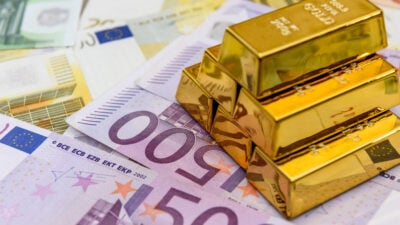
vielen Dank, dass Sie unseren Kommentar-Bereich nutzen.
Bitte verzichten Sie auf Unterstellungen, Schimpfworte, aggressive Formulierungen und Werbe-Links. Solche Kommentare werden wir nicht veröffentlichen. Dies umfasst ebenso abschweifende Kommentare, die keinen konkreten Bezug zum jeweiligen Artikel haben. Viele Kommentare waren bisher schon anregend und auf die Themen bezogen. Wir bitten Sie um eine Qualität, die den Artikeln entspricht, so haben wir alle etwas davon.
Da wir die Verantwortung für jeden veröffentlichten Kommentar tragen, geben wir Kommentare erst nach einer Prüfung frei. Je nach Aufkommen kann es deswegen zu zeitlichen Verzögerungen kommen.
Ihre Epoch Times - Redaktion